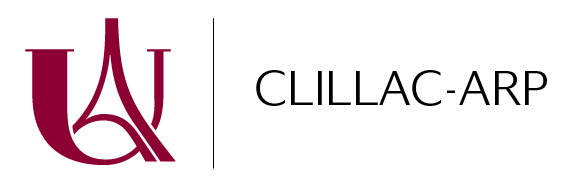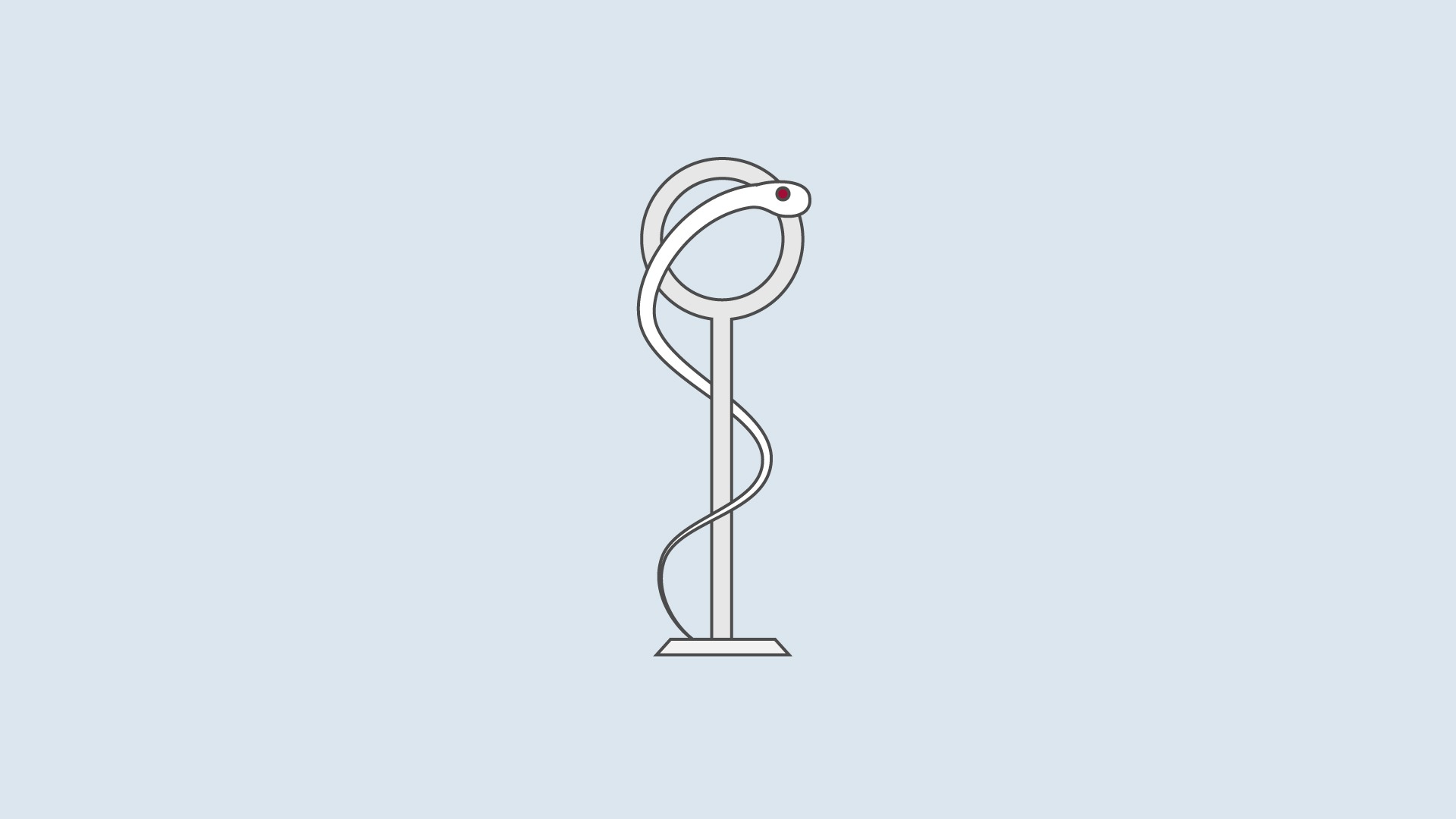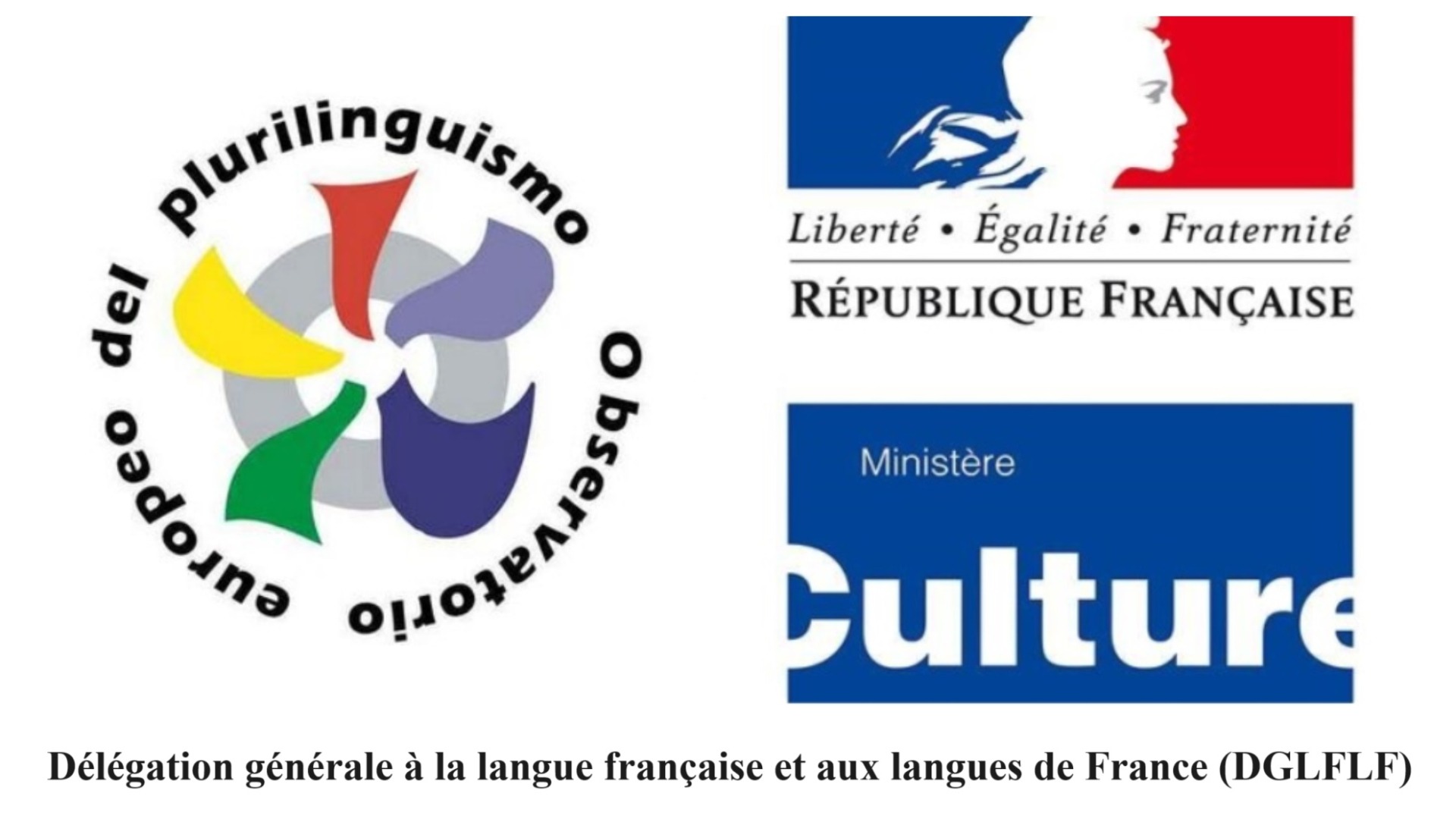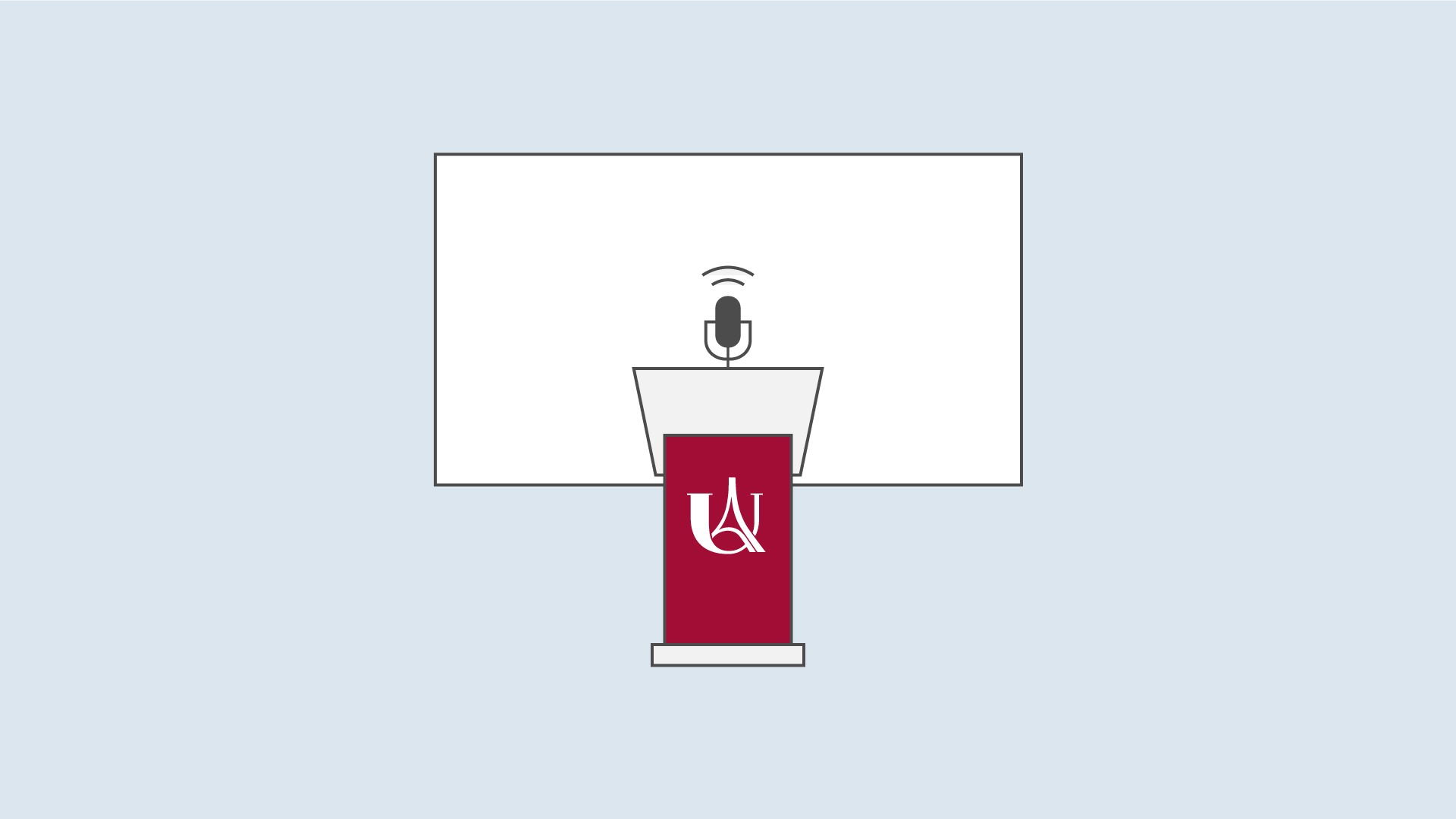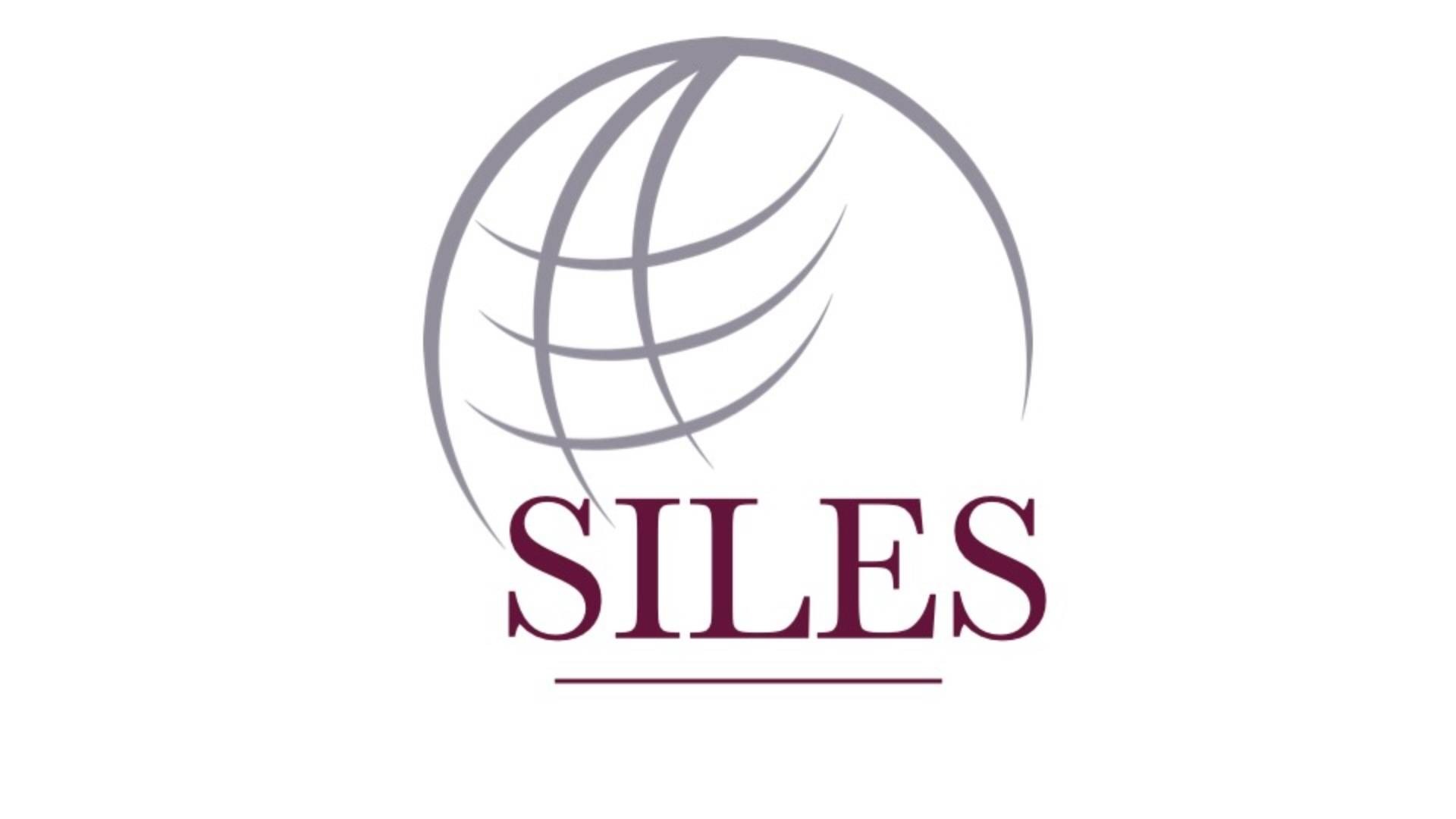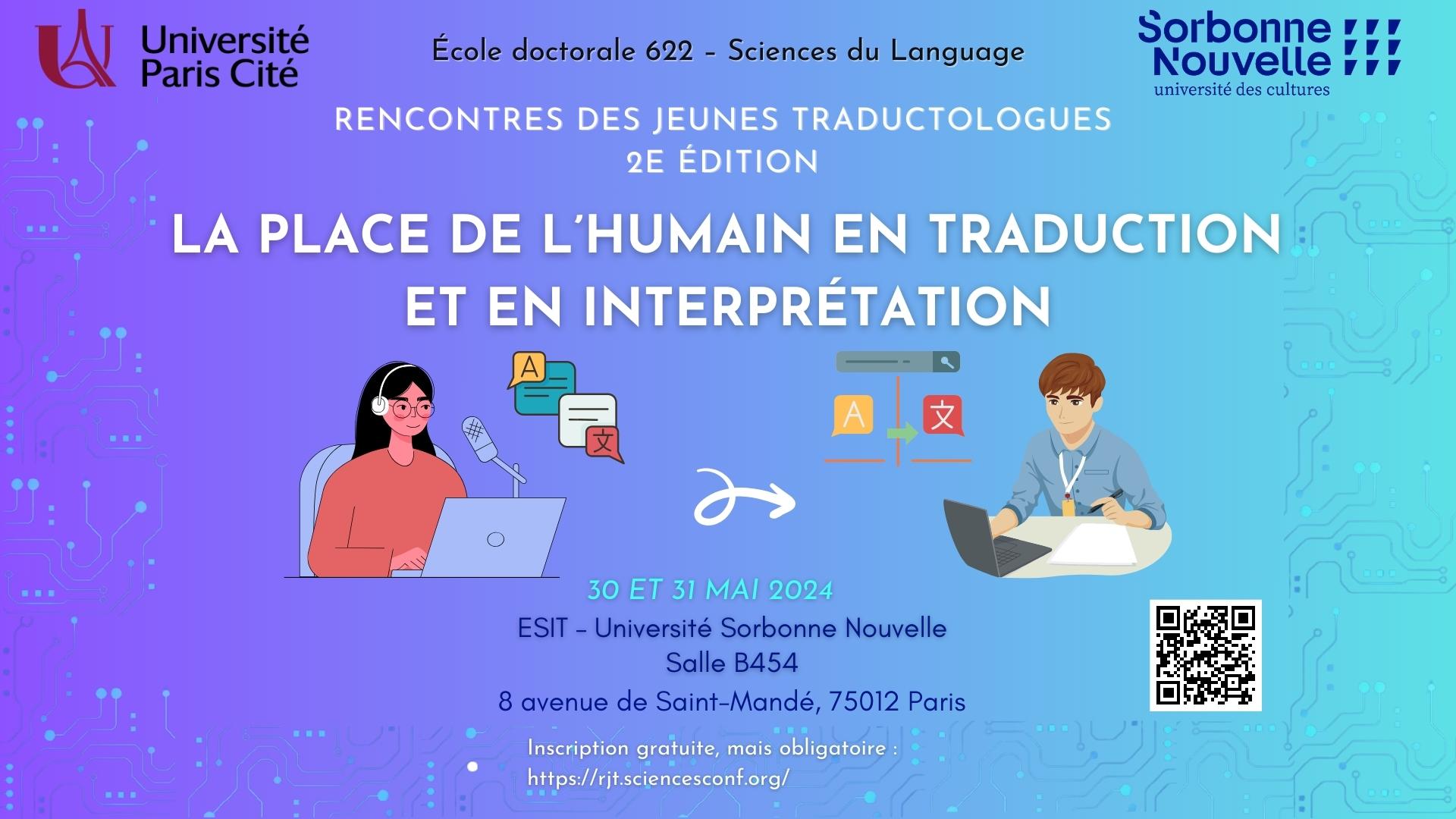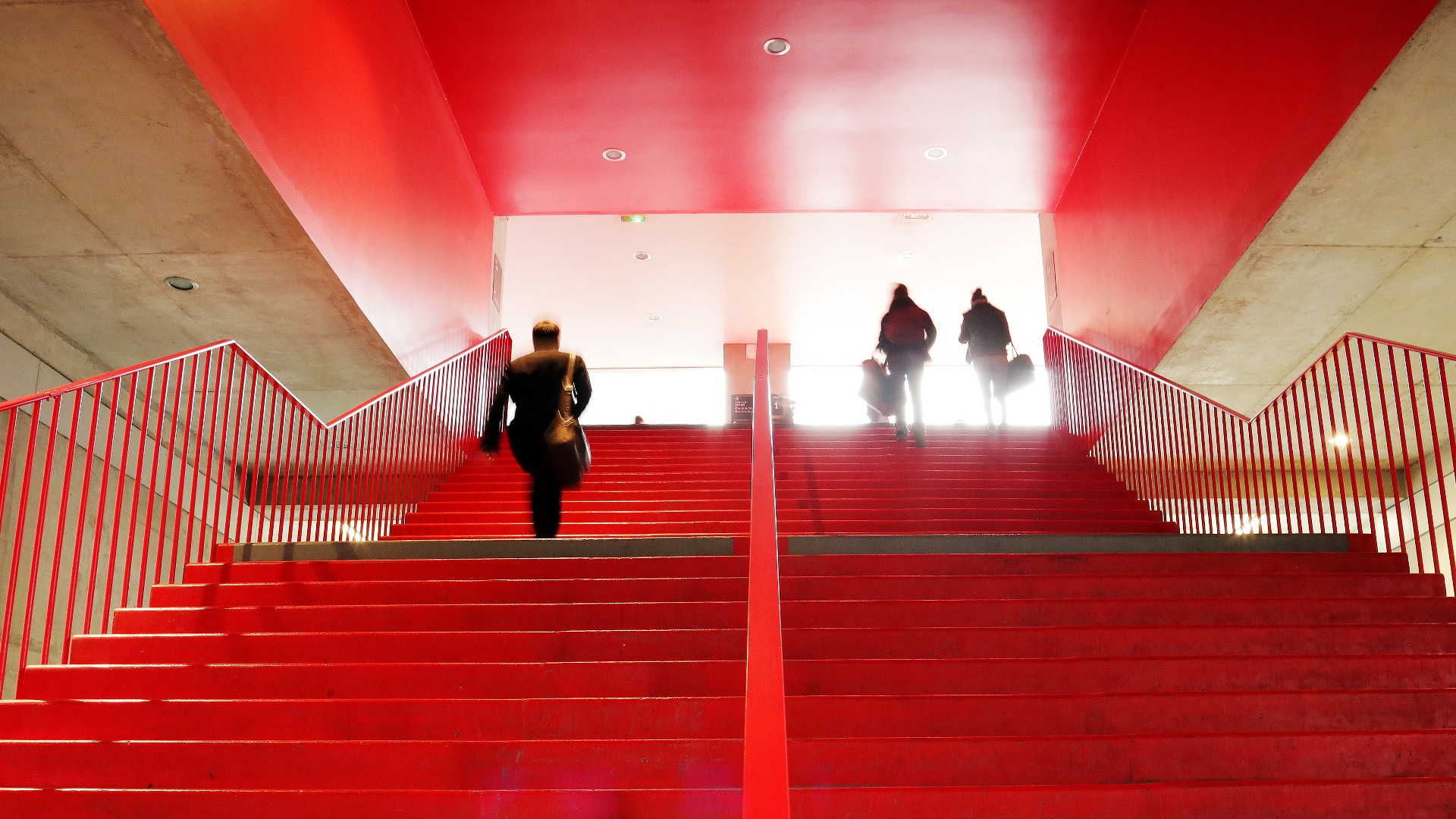
PRÉSENTATION
L’unité de recherche 3967 CLILLAC-ARP, Centre de Linguistique Inter-langues, de Lexicologie, de Linguistique Anglaise et de Corpus-Atelier de Recherche sur la Parole. Le laboratoire développe des recherches en linguistique de l’anglais – de façon majoritaire – mais aussi en linguistique du français, de l’espagnol, de l’allemand, du turc et du vietnamien.
Axes de recherche
Axe 1
Sémantique, Discours, Parole
Axe 2
Langues et Discours de Spécialité, Traductologie, Interculturalité
Axe transversal
Politique de la donnée et interopérabilité des corpus écrits et oraux
